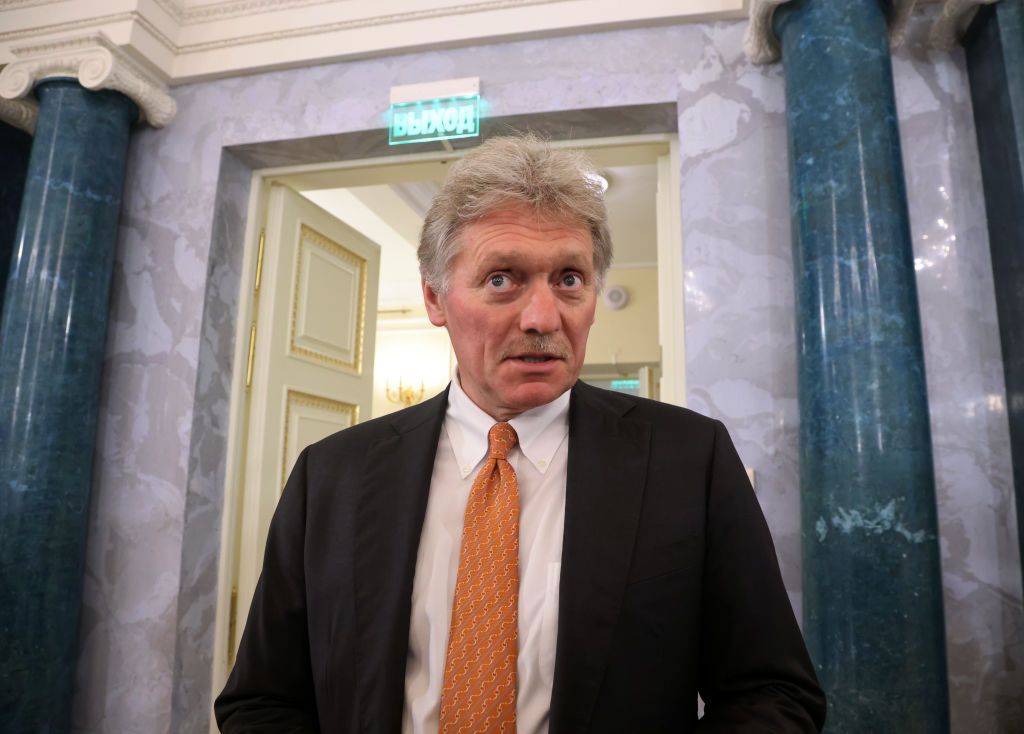Russia's Prosecutor General asks Supreme Court to remove Taliban from 'terrorist organizations' list

Russia's Prosecutor General's Office has filed a petition with the Supreme Court requesting the suspension of the ban on dealings with the Taliban, pro-government media outlet Interfax reported on March 31.
The Supreme Court is set to review the request on April 17 in a closed session. The Taliban remains on Russia's federal list of terrorist organizations since 2003.
The Taliban, an Islamist militant group, seized control of Afghanistan in August 2021 following the withdrawal of U.S. and NATO forces, toppling the Western-backed government.
Despite its control over the country, the Taliban-led administration has not been formally recognized by any state, including Russia, due to its failure to meet international commitments on human rights, governance, and counter-terrorism.
Russia's State Duma passed legislation in December 2024 allowing the possibility of removing organizations from the list of banned terrorist groups.
In May 2024, the Foreign Ministry and Justice Ministry submitted a report to Russian President Vladimir Putin advocating for the Taliban's removal from the list.
Foreign Ministry spokesperson Maria Zakharova defended the move as a pragmatic decision, while Putin signaled support for the measure, saying that Russia was moving in that direction but hoped the United Nations would take the lead.
Despite maintaining the terrorist designation, Moscow has expanded engagement with the Taliban, deepening trade ties and investing in Afghan infrastructure. The Taliban regularly participates in Russian economic and educational forums.
Putin has referred to the Taliban as "allies," while Foreign Minister Sergey Lavrov has called them "sane people."
The Taliban, however, continues to enforce strict Islamic law, banning women from education, restricting social interactions, and carrying out the public stoning of women to death.











